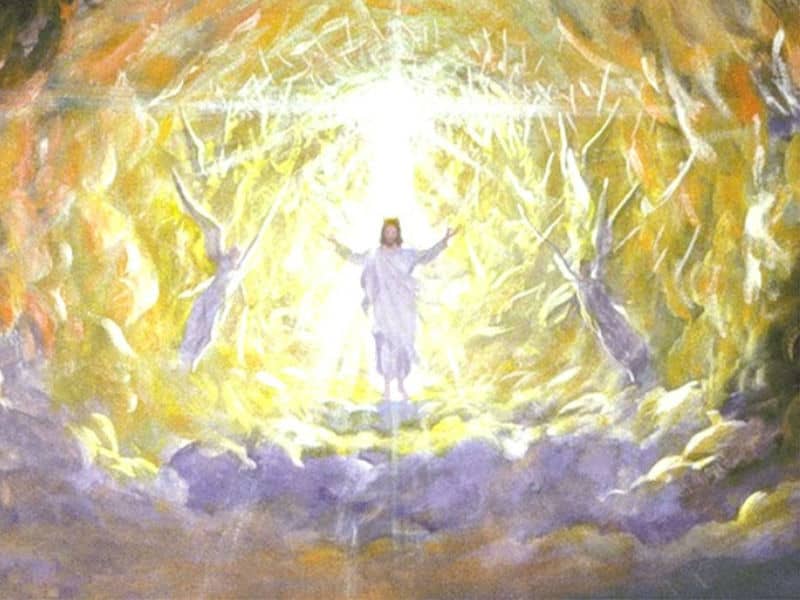For those unfamiliar with Mormon nomenclature, this sentence--which sounds too close to splitting an atom--needs defining. A "ward" is a local Latter-day Saint congregation determined by geographical boundaries (roughly comparable to a Catholic parish) and comprising an active membership of between 150 and 300 regular worshippers.
"They," in this case, refers to the leadership of the ecclesiastical unit called a "stake" (roughly comparable to a diocese), which comprises typically between five and 12 wards.
"Split" is what happens to a ward when its population gets too big. The boundaries are reconfigured; where once was one ward, now there are two-- sometimes more if other nearby wards are bursting at the seams as well. Often, the newly restructured wards share the same building, meeting at different blocks of time on Sundays.
Practically speaking, splitting large wards makes sense. Since all local church responsibilities, from nursery leaders to bishop, are filled by the laity, balancing church work, home life, and careers is quite a challenge. Despite what one might think about the building of the new Assembly building in Salt Lake City (referred to affectionately by some as "the Mo-Dome" or "the Super-nacle"), which seats 21,000 people for special occasions such as April's General Conference, small is the operative word for LDS church life.
Keeping units small makes learning the names of the other sheep in the flock less overwhelming. Service to and from each other is more personal. Everyone's talents and foibles are apparent, and the whole congregation gets practice forgiving and supporting each other and learning (maybe) to curb their tongues. The goal is to develop a sense of community, a feeling of being a "ward family," and of facilitating Zion where we become, as an ancient prophet said, "of one heart and one mind."
With few exceptions, Mormons are expected to attend the ward whose boundaries include their home. There's no shopping around for the jollier bishop, the more with-it Relief Society president, the better chairs in the nursing mothers' room. You're expected to bloom where you're planted. If you chafe a little under a leadership that is clearly from a different Meyers-Briggs Personality quadrant than you are, you say the serenity prayer a lot and hopefully learn tolerance. Then, in a few years, assignments shift, and they're all doing the same with you in charge.
So fine. There are loads of good reasons why we split wards. I believe them all.
Reasons, schmeasons. Splitting the ward hurts! A phrase comes to mind that gives pause for thought. Does this, theologically speaking, "hurt like hell," or, perhaps, "hurt like heaven"? I think in this instance both apply. The very reasons this process is valuable is what makes it so excruciating.
I didn't get to this Zion place in the ward without investing myself in people I now love deeply and whose company I look forward to with cheer from week to week. Sure, I'll probably bump into them at the grocery store or the library. Some relationships will flow on seamlessly. But those other folks...the lady who brought me macaroni and apple cake when my baby was born, the squirrely teenagers who raked our yard, the man who put his hands on my head when I received a new assignment and told me in a profound blessing that the Lord loved me and knew my heart...what about them?
The relationships will not be the same. My heart is broken and I'm grief stricken. This was my ward family. Now where am I? I wish I knew how to do that shrill, prolonged mourning wail.
There seems to be an unspoken rule in Mormon communities not to talk about the downside of change--as if admitting grief or sadness were a moral failure of some sort. And of course, I know that in time I will flourish in this new setting, too, as I have after other splits and moves. But right now, I have this heavy place in my chest, and I feel like crying and gnashing my teeth.
I find reassuring scriptural precedence for my conflicted feelings. Jesus, who knew full well he had the power to raise Lazarus from the dead and was just about to do that very thing, still wept.

